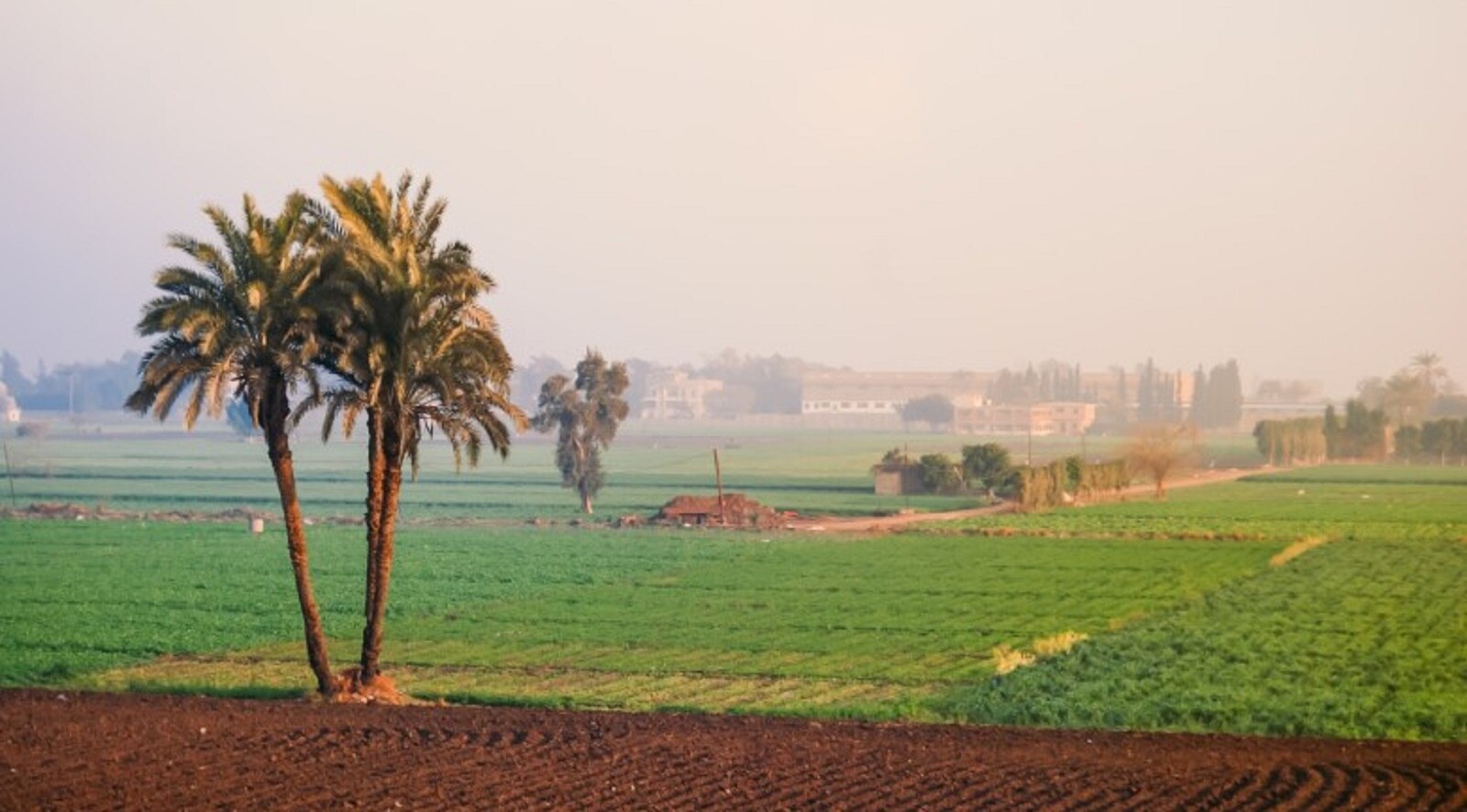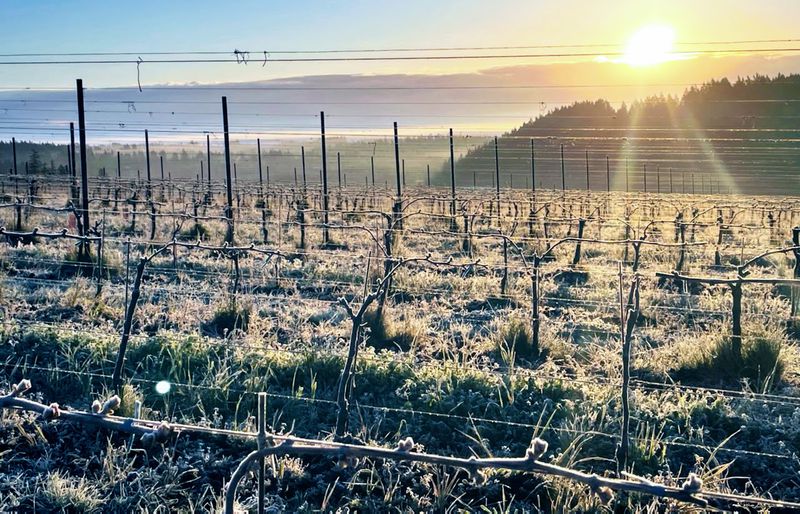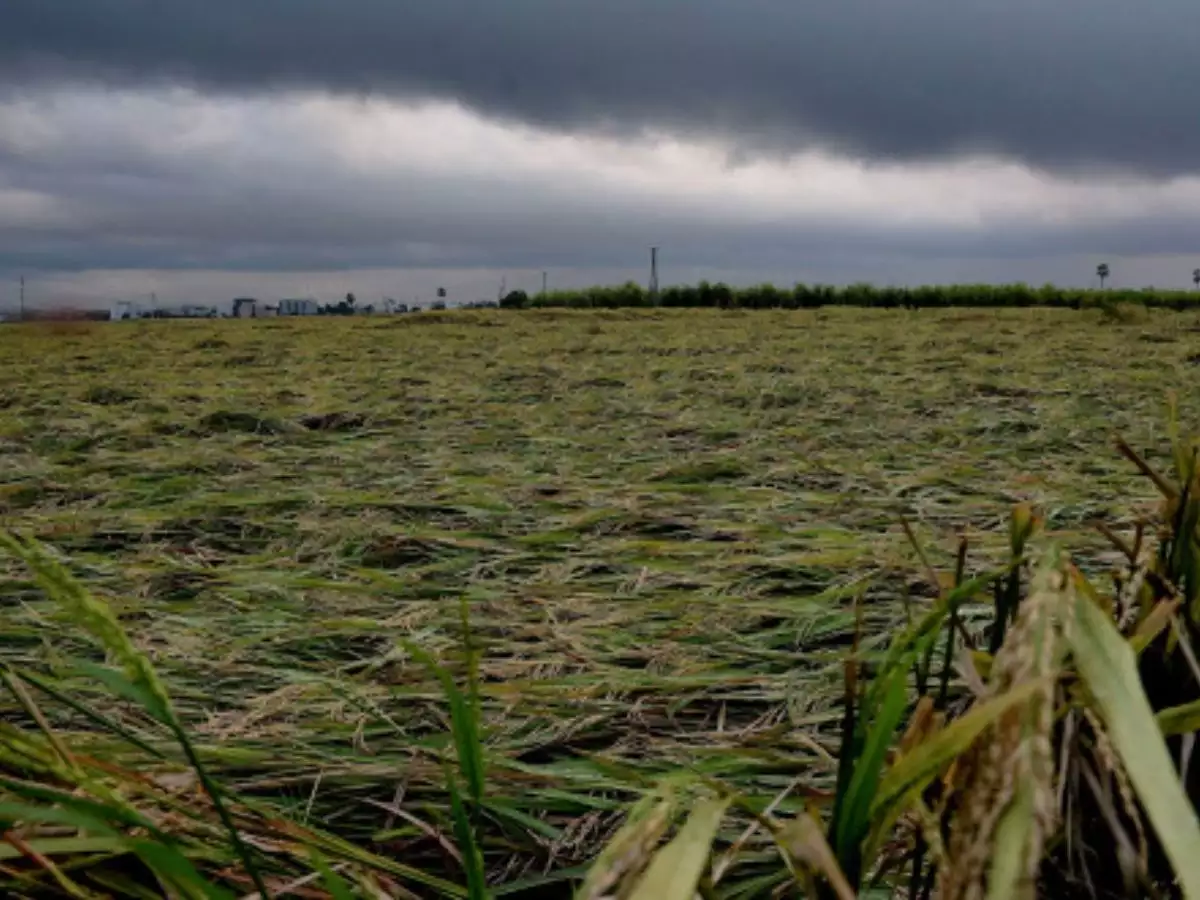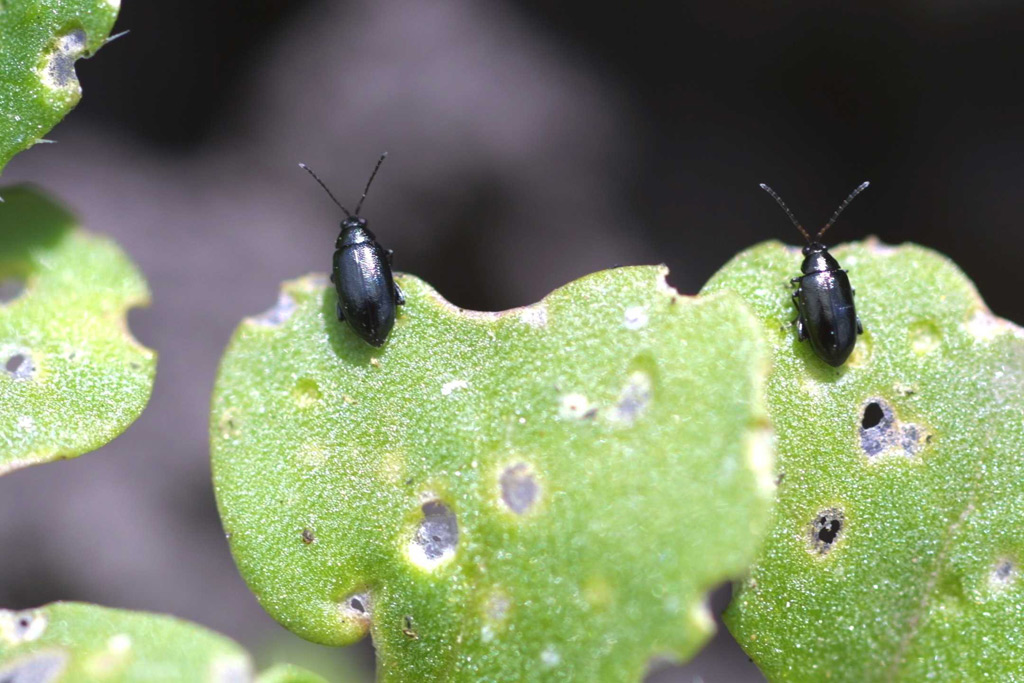Spain - Measures be taken to eradicate the cotonet pest in the Community of Valencia
24.06.2020 472 views
ScaleAgData Stakeholder Engagement Event
22.10.2024The ScaleAgData project is pleased to invite you to our second stakeholder event. Building on the discussions and connections formed during our first webinar, this event will focus on fostering collaboration among stakeholders, providing updates on our project’s progress, and outlining future opportunities for engagement.

Egypt braces for early Khamsin winds as severe weather fluctuations expected to peak Friday
Head of the Climate Change Information Center Dr. Mohamed Ali Fahim, has issued a warning over significant weather fluctuations expected to impact the country in the coming hours, coinciding with the month of Amshir, traditionally known for its strong winds.

USA - Damage to Florida crops could top $1 billion after below-freezing temps
As forecasts called for freezing weather, David Hill planned to run sprinklers overnight, hoping a coating of ice would protect the crops at his Clermont farm.

Romania’s agriculture minister considers price-control mechanisms for food products
The minister of agriculture, Florin Barbu, declared that he will soon promote in the government and Parliament a project regarding “the management of inflation through a mechanism for capping the commercial markup for agri-food products on Romanian territory,” a mechanism that would be automatically enforced when inflation exceeds 5%-6%, Economica.net reported.

Pakistan - Punjab expands digital livestock project to boost farmer services
The Punjab Information Technology Board (PITB) and the Livestock and Dairy Development Department have signed a two-year extension agreement for the SPMS-9211 project to provide modern and efficient services to farmers across the province.

USA - MDARD’s Clean Sweep Program Removes More Than 4 Million Pounds of Hazardous Pesticide Containers from Michigan Communities
The Michigan Department of Agriculture and Rural Development (MDARD) announced today that the Michigan Clean Sweep Program has now safely disposed of more than four million pounds of potentially hazardous pesticide containers since its creation in 1996.

USA - Sen. Moody introduces freeze insurance bill for Florida farmers, wins industry support
U.S. Rep. Scott Franklin and Sen. Ashley Moody introduced bipartisan legislation on Wednesday, aimed at helping Florida farmers recover from damaging freezes by expanding crop insurance options, a proposal endorsed by major agricultural groups and farmers across the state.

Australian growers report crop losses after ex-cyclone Mitchell
Carnarvon and Shark Bay were among the locations affected as ex-tropical cyclone Mitchell crossed the Western Australian coast as a weakened system on Monday night.

Ken Research Stated South Africa's Crop Insurance and AgriTech Market to Reached USD 1.2 Billion
Comprehensive market analysis maps climate-risk acceleration, technology-led underwriting transformation, and strategic imperatives for insurers, AgriTech platforms, and agribusiness stakeholders in South Africa's evolving agricultural risk ecosystem.




